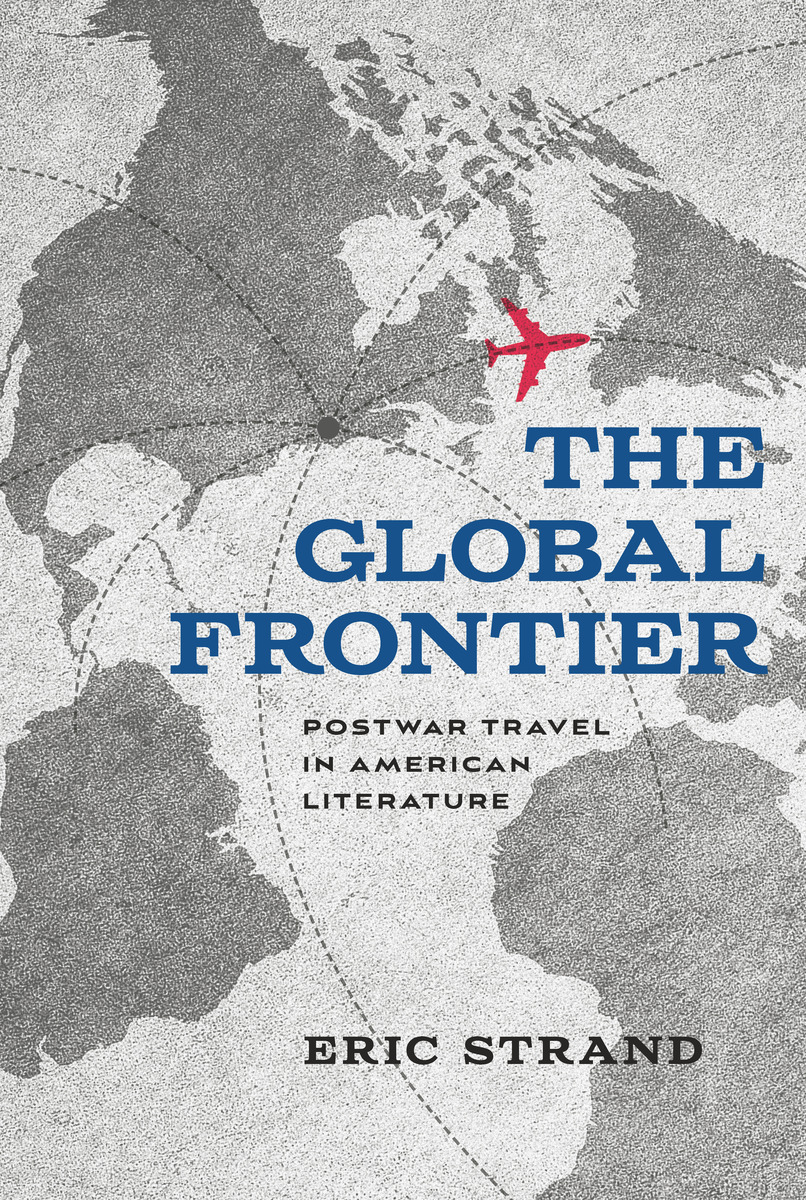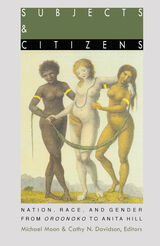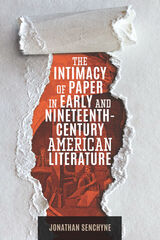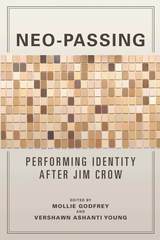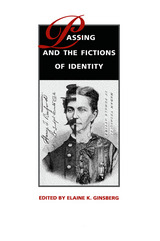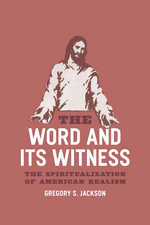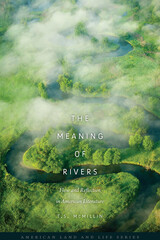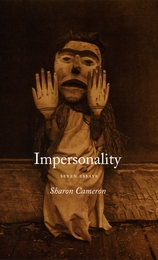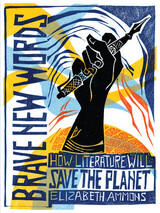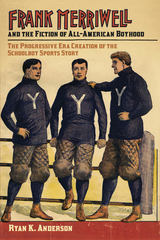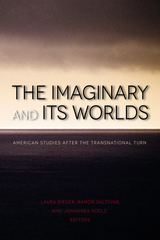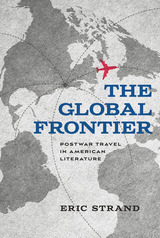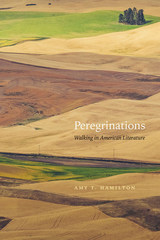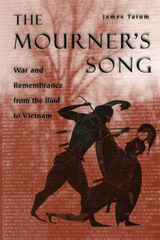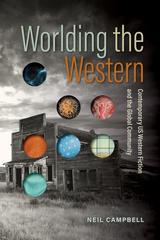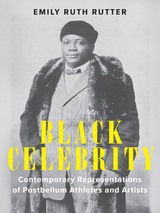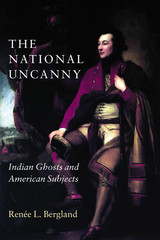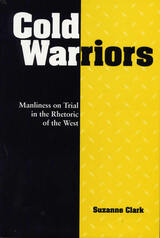The Global Frontier: Postwar Travel in American Literature
University of Iowa Press, 2023
eISBN: 978-1-60938-902-4 | Paper: 978-1-60938-901-7
Library of Congress Classification PS169.T74S77 2023
Dewey Decimal Classification 810.932
eISBN: 978-1-60938-902-4 | Paper: 978-1-60938-901-7
Library of Congress Classification PS169.T74S77 2023
Dewey Decimal Classification 810.932
ABOUT THIS BOOK | AUTHOR BIOGRAPHY | REVIEWS | TOC | REQUEST ACCESSIBLE FILE
ABOUT THIS BOOK
Americans often associate travel with luxury, a cosmopolitan lifestyle, and relaxation. They travel to “get away from it all.” Most fail to consider that modern American travel began in the straitened circumstances of the 1930s, when President Franklin D. Roosevelt encouraged citizens to tour the United States so as to stimulate the economy. The Federal Writers’ Project composed guidebooks for each state, and tourism became a form of national solidarity.
After World War II, the Western frontier of self-reinvention and spatial expansion opened up through the explosion of the global travel industry. The Global Frontier shows that a variety of postwar literary travelers sought personal freedom and cultural enrichment outside their nation’s borders, including Black, female, and queer writers. But the price of incorporation into a transnational leisure class was complicity in postwar American imperialism and the rejection of 1930s social commitments. Eric Strand argues that capitalist globalization has enabled creative expression for marginalized identities, and that present-day humanists are the descendants of writers such as William S. Burroughs, Saul Bellow, Richard Wright, and Elizabeth Bishop. Yet this personal liberation has accompanied a vast growth of social inequality, which can only be addressed by reorienting toward progressive nationalism and an activist state.
After World War II, the Western frontier of self-reinvention and spatial expansion opened up through the explosion of the global travel industry. The Global Frontier shows that a variety of postwar literary travelers sought personal freedom and cultural enrichment outside their nation’s borders, including Black, female, and queer writers. But the price of incorporation into a transnational leisure class was complicity in postwar American imperialism and the rejection of 1930s social commitments. Eric Strand argues that capitalist globalization has enabled creative expression for marginalized identities, and that present-day humanists are the descendants of writers such as William S. Burroughs, Saul Bellow, Richard Wright, and Elizabeth Bishop. Yet this personal liberation has accompanied a vast growth of social inequality, which can only be addressed by reorienting toward progressive nationalism and an activist state.
See other books on: Historical Events | Literature and society | Literature and transnationalism | Subjects & Themes | Travel in literature
See other titles from University of Iowa Press
